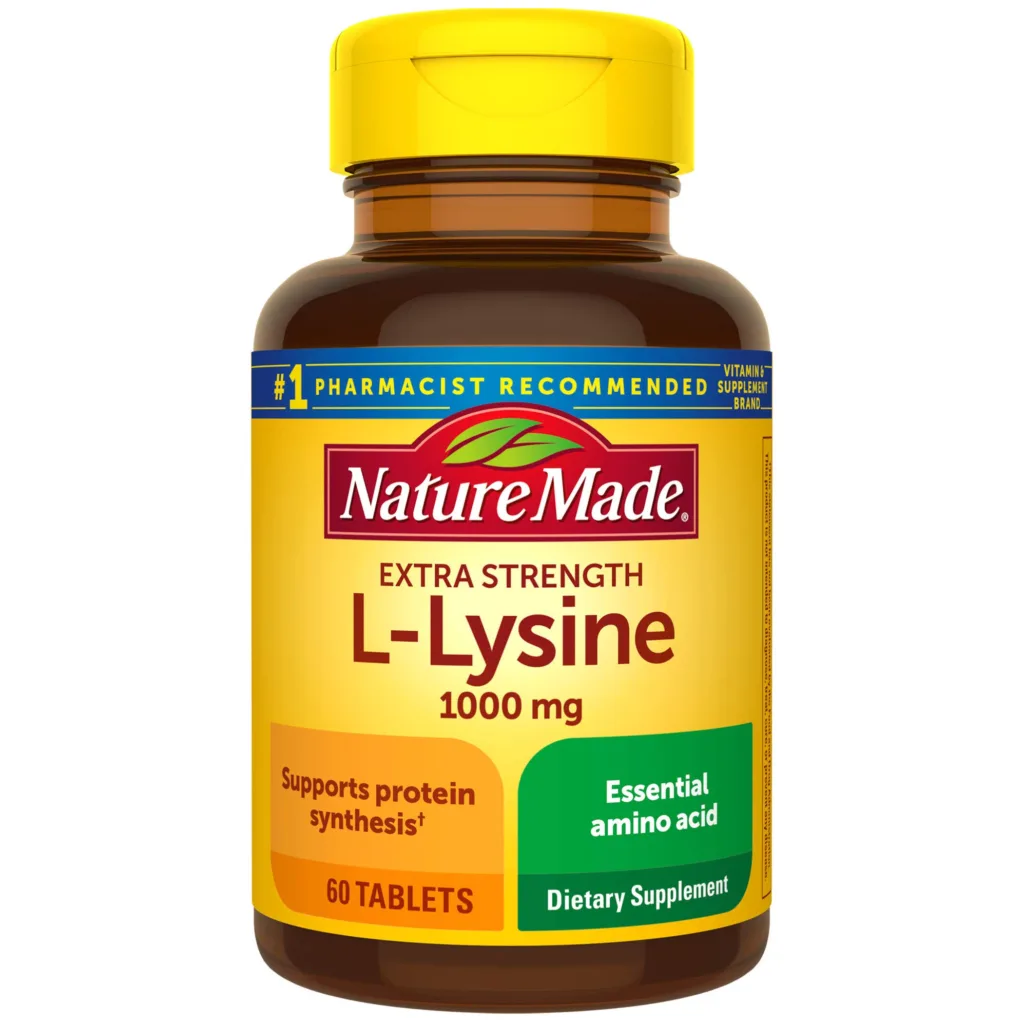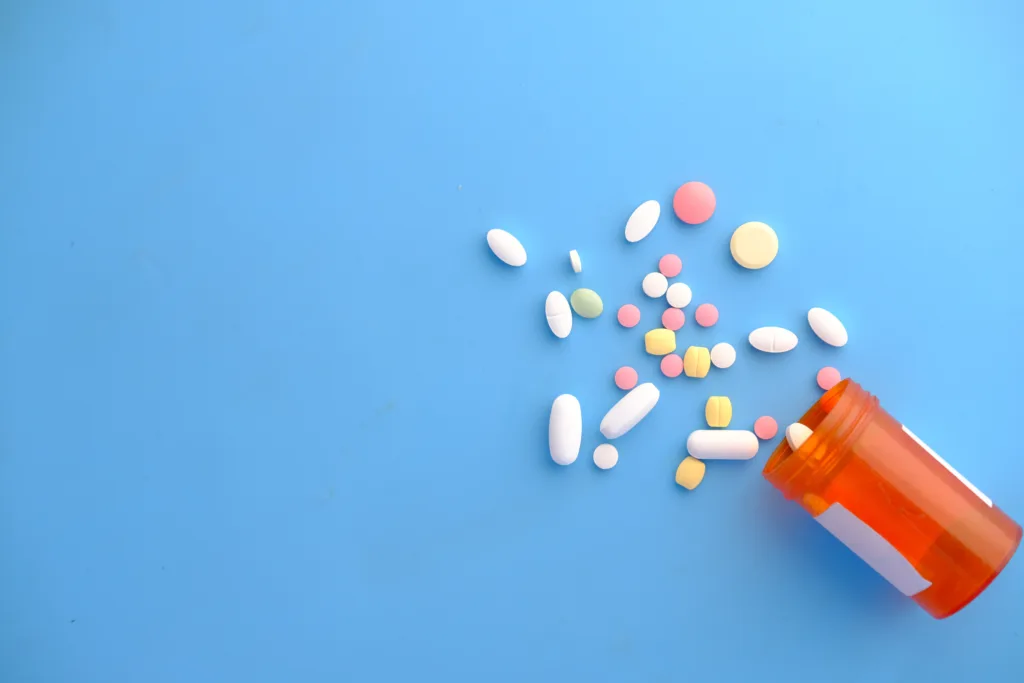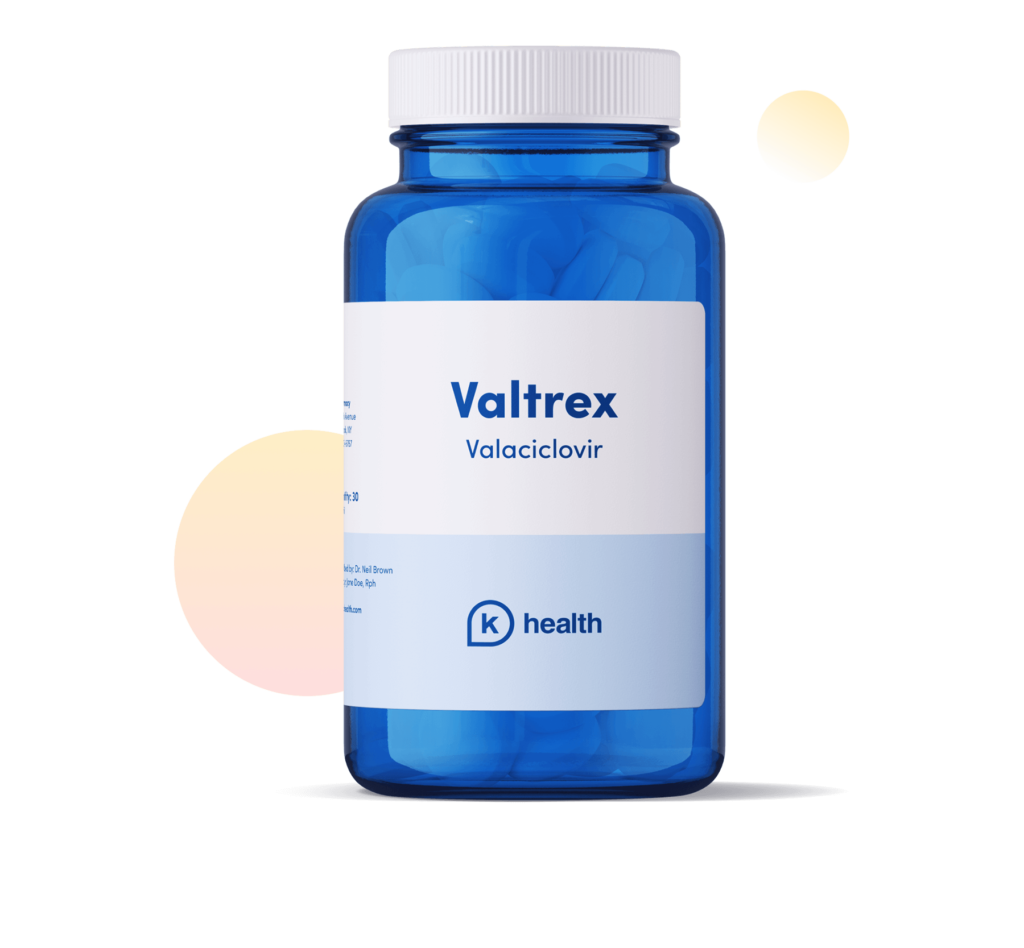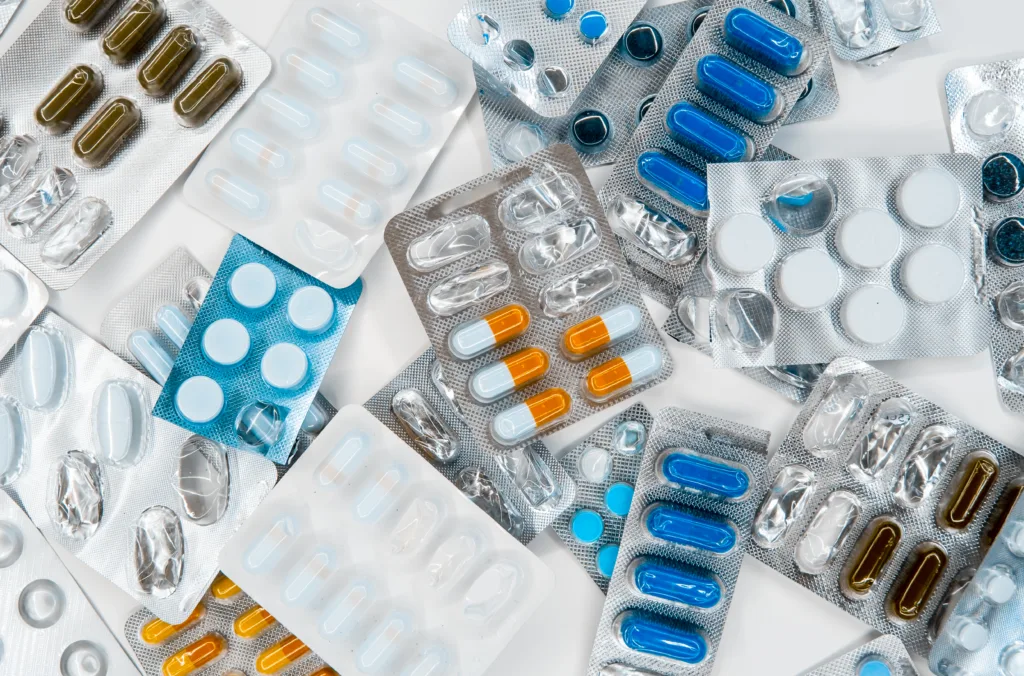If you’re one of the millions of people who suffer from cold sores or genital herpes, you’ve probably heard of lysine. This essential amino acid has been touted as a potential remedy for herpes outbreaks, and many people swear by its effectiveness. But does lysine really stop viral shedding, and is it a reliable treatment option for herpes?
First, it’s important to understand what viral shedding is. When you have herpes, the virus can be present on your skin even when you’re not experiencing an outbreak. This is known as viral shedding, and it’s one of the main ways that herpes is spread from person to person. During viral shedding, the virus is actively replicating and can be easily transmitted to others through skin-to-skin contact.
So, can lysine stop viral shedding? The answer is not entirely clear. While some studies have suggested that lysine can reduce the frequency and severity of herpes outbreaks, there is limited evidence that it can actually stop viral shedding altogether. However, lysine may still be a useul tool in managing herpes symptoms and reducing the risk of transmission.
One of the reasons lysine is considered a potential cold sore remedy is because it’s known to slow down the body’s production of arginine – another amino acid that helps the HSV virus to spread. By limiting the amount of arginine in the body, lysine may be able to reduce the frequency and severity of herpes outbreaks. Additionally, lysine has been shown to have antiviral properties, which means it may be able to directly inhibit the replication of the herpes virus.
So, how much lysine should you take to manage herpes symptoms and reduce the risk of transmission? The recommended daily dose for prevention is between 1500-3000mg. If you feel an outbreak coming on, you will want to increase your dosage to 3000 mg. It’s important to note that taking high doses of lysine over a long period of time can potentially lead to side effects, such as stomach problems and kidney issues. As with any supplement or medication, it’s important to talk to your doctor before taking lysine, especially if you have any pre-existing health conditions or are taking other medications.
While lysine may not be a miracle cure for herpes, it can be a useful tool in managing symptoms and reducing the risk of transmission. By limiting the amount of arginine in the body and directly inhibiting the replication of the herpes virus, lysine may be able to help reduce the frequency and severity of outbreaks. However, it’s important to remember that lysine is not a substitute for medical treatment, and you should always talk to your doctor before starting any supplement regimen.
The Effect of Lysine on Viral Load
Lysine has been suggested as a potential therapy against herpes simplex virus (HSV) infection due to its ability to suppress viral replication and reduce virus yield. Several studies have investigated the effects of lysine on viral load in HSV-infected individuals.
One study found that daily supplementation with 1-3 grams of lysine reduced the frequency of HSV outbreaks and shortened the duration of symptoms in infected individuals [1]. Another study found that high-dose lysine (6 grams per day) reduced the frequency and severity of HSV outbreaks in individuals with frequent recurrences [2].
In addition to reducing the frequency and severity of outbreaks, lysine has also been shown to reduce viral shedding in HSV-infected individuals. In a randomized, double-blind, placebo-controlled trial, daily lysine supplementation (1 gram per day) for 6 months reduced the frequency of HSV shedding by 34% compared to placebo [3].
While the exact mechanism by whch lysine reduces viral load is not fully understood, it is believed to involve the inhibition of viral replication and the promotion of immune function. Lysine may compete with arginine, an amino acid required for viral replication, and thereby limit viral replication [4]. Additionally, lysine may enhance immune function by increasing the production of antibodies and T cells, which can help to clear viral infections [5].
While more research is needed to fully understand the effects of lysine on viral load, current evidence suggests that lysine may be an effective therapy for reducing the frequency, severity, and duration of HSV outbreaks, as well as reducing viral shedding.

The Effect of Valacyclovir on Viral Shedding
Valacyclovir has been shown to significantly reduce viral shedding of herpes simplex virus type 2 (HSV-2). Studies have found that valacyclovir reduces both clinical and subclinical shedding of the virus. Clinical shedding refers to the presence of visible lesions or symptoms, while subclinical shedding refers to the presence of the virus on the skin without any visible signs of infection. In clinical trials, valacyclovir reduced overall shedding of HSV-2 by 78% compared to placebo. This means that taking valacyclovir can help to reduce the spread of the virus to sexual partners and decrease the frequency of outbreaks in individuals with herpes.
Recommended Dosage of Lysine for Herpes Outbreak Prevention
Lysine has been shown to be effective in both preventing and treating cold sores. If you are looking to stop an outbreak, it is recommended to increase your lysine intake to 3000mg per day. This is higher than the recommended daily dose for prevention, which is between 1500-3000mg. It is important to note that lysine should not be used as a replacement for prescription medication if you have a severe outbreak. However, taking lysine in conjunction with oter treatments may help speed up the healing process and reduce the frequency of outbreaks. As always, it is best to consult with a healthcare professional before starting any new supplement regimen.
Does Lysine Reduce the Contagiousness of Cold Sores?
Lysine is an amino acid that is commonly used as a dietary supplement to help prevent and treat cold sores caused by the herpes simplex virus (HSV). While lysine does not directly target the virus, it is believed to reduce the severity and frequency of outbreaks by inhibiting the replication of the virus.
When it comes to reducing the contagiousness of cold sores, lysine may also play a role. This is because lysine competes with another amino acid called arginine, which is required by HSV to replicate and spread. By increasing the levels of lysine in the body, there is less arginine available for the virus to use, which can slow down its replication and reduce the likelihood of transmission.
However, it is important to note that lysine alone may not be eough to completely prevent the spread of cold sores. Other measures, such as avoiding close contact with others during outbreaks, practicing good hygiene, and using topical antiviral treatments, may also be necessary to reduce the risk of transmission.
While lysine may help to reduce the contagiousness of cold sores, it should be used as part of a broader approach to managing and preventing outbreaks. It is always recommended to consult with a healthcare provider before starting any new dietary supplements or treatments for cold sores.
The Benefits of Taking Lysine Every Day
Lysine is an essential amino acid that is necessay for the proper functioning of the body. It is commonly found in food sources, but some people choose to take lysine supplements to boost their intake. When taken in recommended doses, lysine is generally considered safe and can provide benefits such as supporting immune function, improving skin health, and reducing the frequency of cold sore outbreaks.
However, if you take lysine every day in excessive amounts, it may lead to adverse effects. High doses of lysine supplements can cause gastrointestinal issues such as nausea, diarrhea, and abdominal pain. Additionally, excessive lysine intake can increase the risk of gallstones formation, particularly in individuals with a history of gallbladder disease.
There have also been reports of renal dysfunction, including Fanconi syndrome and renal failure, in individuals who took high doses of lysine supplements for an extended period. Therefore, it is essential to talk to your doctor before taking lysine supplements, especially if you have kidney disease or liver disease. Pregnant and breastfeeding women should also consult their healthcare provider before taking lysine supplements. while lysine is safe in recommended doses, taking it every day in excessive amounts can lead to adverse effects.

The Effect of Lysine on Healing
Lysine can speed up healing in the body. Lysine is an essential amino acid that plays a crucial role in the production of collagen, a protein that forms a scaffold and supports the structure of skin and bones. When there is an injury or wound, lysine becomes more active at the site of the injury, aiding in the repair process. Studies have shown that lysine supplementation can promote wound healing in animals. Therefore, incorporating lysine-rich foods or taking lysine supplements may help speed up the healing process in the body.
The Effectiveness of Valacyclovir in Stopping Shedding
Valacyclovir, along with acyclovir, is an antiviral medication commonly used for the treatment of genital herpes. When initiated, it takes approximately 5 days of therapy to achieve suppression of genital HSV shedding. This means that durng these 5 days, the medication works to reduce the amount of virus present in the body and therefore decrease the likelihood of transmitting the virus to sexual partners. However, it is important to note that after the discontinuation of therapy, viral shedding consistently reappears in 5 days. Therefore, it is crucial for individuals with genital herpes to consistently take their antiviral medication as prescribed in order to maintain suppression of viral shedding and reduce the risk of transmission to others.
Managing Viral Shedding to Reduce Risk
Antiviral medications are the primary treatment option for reducing viral shedding. These medications work by targeting the virus directly, inhibiting its ability to replicate and spread throughout the body. By reducing the number of viral particles present in the body, antiviral medications can help to decrease the duration and intensity of viral shedding episodes. Additionally, certain lifestyle modifications such as practicing good hygiene, avoiding close contact with others during periods of viral shedding, and maintaining a healthy immune system can also help to minimize the spread of viral infections. It is important to note that the effectiveness of antiviral medications and lifestyle modifications may vary depending on the specific virus and individual case, and consulting with a healthcare provider is recommended to determine the most approprate treatment plan.
How Long Does It Take for Valtrex to Stop Shedding?
Valtrex is an antiviral medication that is commonly used to treat herpes infections. Valtrex works by preventing the herpes virus from replicating in the body, which can reduce the frequency and duration of outbreaks. In addition, Valtrex has been shown to significantly reduce viral shedding, which is when the virus is present on the skin and can be transmitted to others.
The length of time it takes for Valtrex to stop shedding varies depending on the individual and the severity of their herpes infection. However, studies have shown that taking Valtrex 500 mg once daily can significantly reduce the frequency and duration of shedding. In one study, 82% of participants had viral shedding on one or more days compared to 49% of persons who took Valtrex at this dose who had viral shedding on one or more days.
It is important to note that while Valtrex can reduce shedding, it is not a cure for herpes. The virus can still be present in the body even when there are no visible symptoms, and it is still possible to transmit the virus to others. Therefore, it is important to practice safe sex and take precautions to prevent transmission, even while taking Valtrex. If you have any questions abot the use of Valtrex to reduce shedding, it is recommended that you speak with your healthcare provider.

The Best Time of Day to Take Lysine
The best time of day to take lysine is in the morning after you wake up. Taking it in the morning is ideal because it allows your body to absorb and utilize the benefits of lysine throughout the day. Additionally, taking lysine in the morning can help boost your energy levels and give you a natural pick-me-up to start your day. As for how to take lysine, it is typically ingested through the mouth, either in supplement form or through lysine-rich foods. However, it can also be applied topically to the skin as a treatment for cold sores. Regardless of how you choose to take it, be sure to follow the recommended dosage instructions provided by your healthcare provider or the product label.
Building Immunity to Cold Sores
Cold sores are caused by the herpes simplex virus (HSV), and while some people may experience only one outbreak of cold sores, othes may experience recurrent outbreaks. Unfortunately, there is currently no cure for the herpes virus, and once you have been infected, the virus remains in your body for life.
While your body can develop immunity to many viruses, this is not the case with the herpes virus. Once you have been infected with HSV, your body’s immune system will produce antibodies to fight the virus, but these antibodies do not provide complete protection against future outbreaks.
Factors such as stress, illness, and exposure to sunlight can trigger cold sore outbreaks, and some people may experience outbreaks more frequently than others. While there is no surefire way to prevent cold sore outbreaks entirely, you can reduce your risk of developing them by taking steps to manage stress, staying healthy, and avoiding triggers like sun exposure and certain foods.
While your immune system can produce antibodies to fight the herpes simplex virus, there is no way to build complete immunity to cold sores. However, taking steps to manage your health and avoid triggers can help reduce the frequency and severity of outbreaks.
Comparing the Effectiveness of Zinc and Lysine for Treating Cold Sores
Both zinc and lysine have been found to be effective in treating cold sores, but they work in slightly different ways. Lysine is an amino acid that has been shown to inhibit the replication of the herpes simplex virus, which causes cold sores. Zinc, on the othr hand, helps to boost the immune system and can help to reduce the severity and duration of cold sore symptoms.
Studies have shown that both lysine and zinc can be effective treatments for cold sores. In fact, some people find that combining the two can be even more effective than using either one alone. However, it’s important to note that everyone’s body chemistry is different, so what works for one person may not work for another.
If you’re considering using lysine or zinc to treat cold sores, it’s a good idea to talk to your healthcare provider first. They can help you determine the right dose and frequency for your individual needs, and can also advise you on any potential interactions with other medications you may be taking.
Are Cold Sores Contagious After Taking Antiviral Medication?
Cold sores can still be contagious even after taking antiviral medication. Antivirals are drugs that help to reduce the severity and duration of cold sores, but they do not completely cure the virus. The herpes simplex virus that causes cold sores can still be present in the body even after taking antiviral medication, which means that the virus can still be transmitted to ohers through close contact such as kissing or sharing utensils. Therefore, it is important to continue practicing good hygiene and avoiding close contact with others until the cold sore has fully healed and the scab has fallen off. Additionally, antiviral medication may not work for everyone and should only be taken under the guidance of a healthcare professional.

Conclusion
Lysine is an amino acid that has been found to be effective in preventing and treating cold sores caused by the herpes simplex virus (HSV). Lysine therapy has been recommended as a natural remedy for HSV infection for many years because it can suppress viral replication and inhibit virus yield. Valacyclovir, a medication that cotains lysine, has been shown to significantly reduce HSV-2 shedding during all days compared to a placebo, resulting in a 78% reduction. Lysine is also known to slow down the body’s production of arginine, which is another amino acid that helps the HSV virus to spread. The recommended daily dose of lysine for prevention is between 1500-3000mg, and an increased dosage of 3000mg is recommended during an outbreak. Therefore, lysine is considered a potential cold sore remedy due to its effectiveness in preventing and treating HSV infections.
